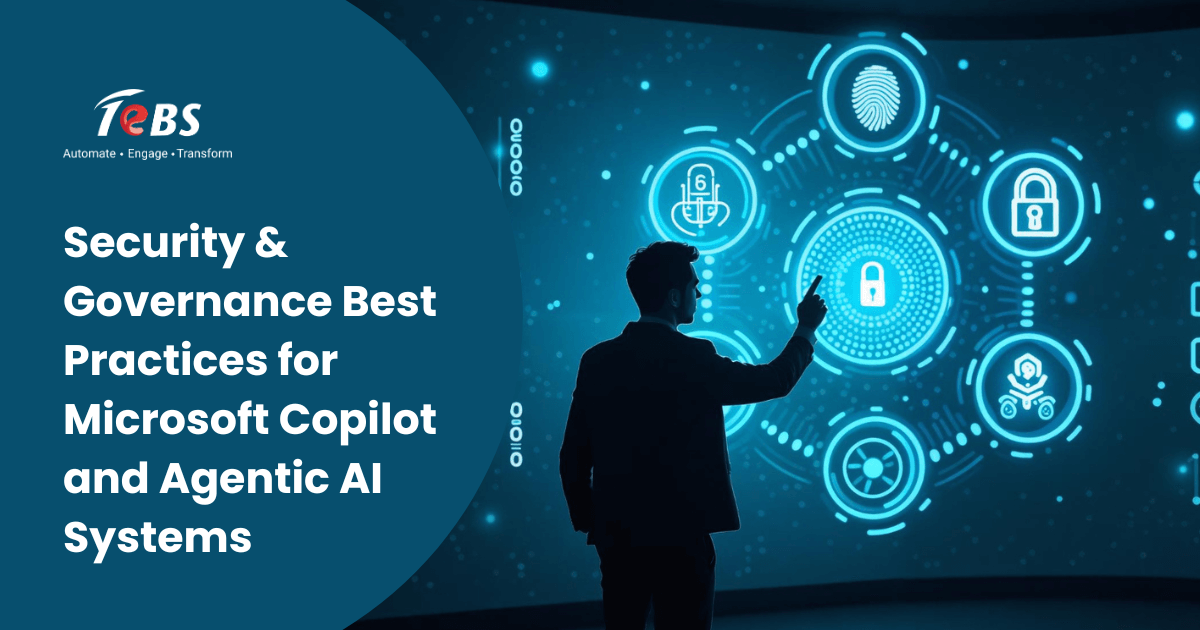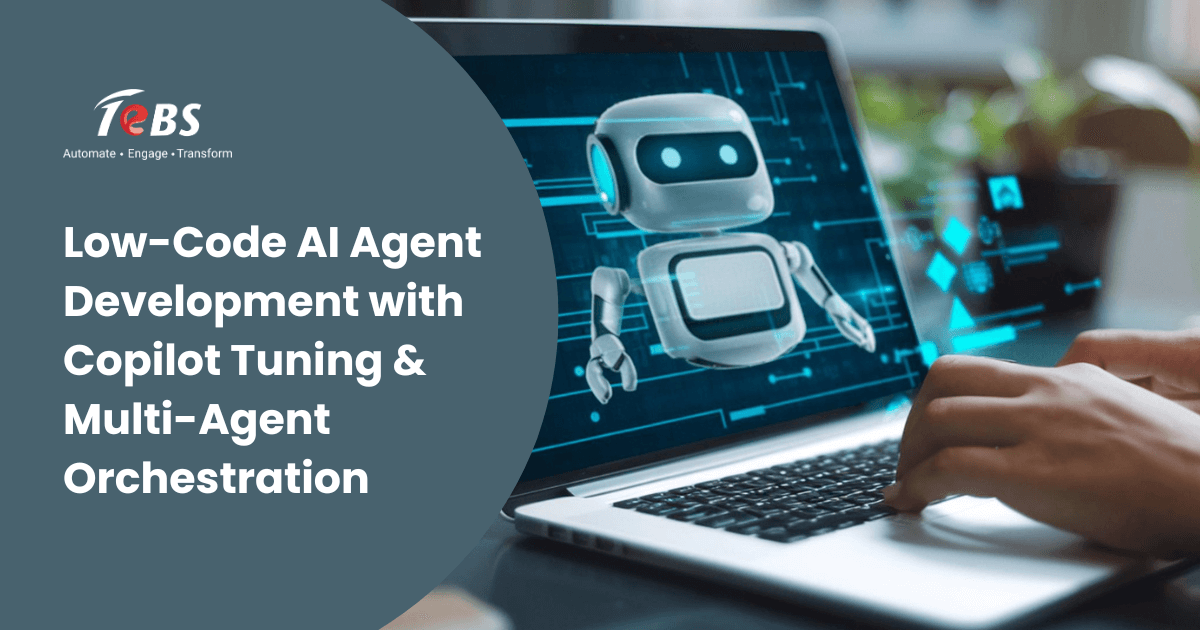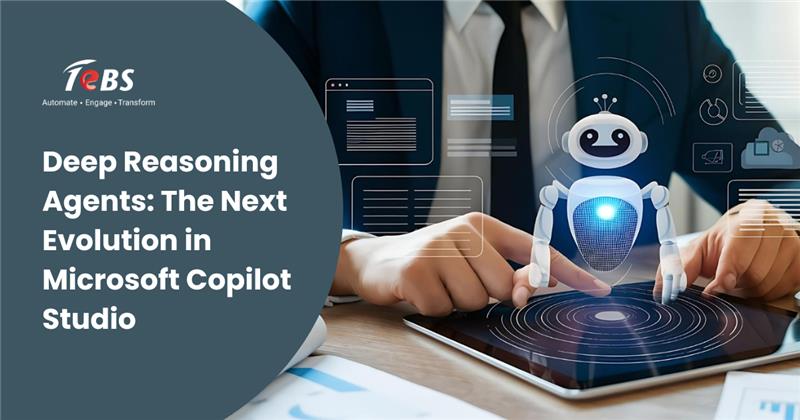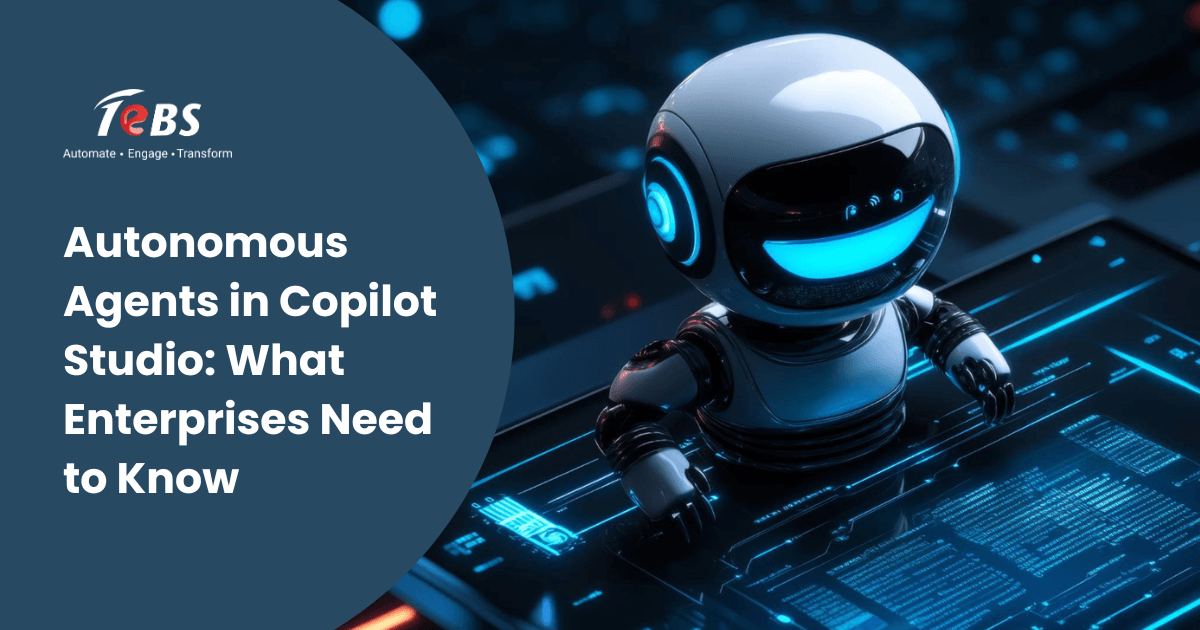A regulatory authority in Singapore managing health products, forensic sciences, and public safety sought to modernize its inquiry management process amid rising volumes of stakeholder queries. By partnering with TeBS to deploy an AI-powered virtual assistant, the authority automated responses to regulatory, compliance, and forensic inquiries. The solution provided consistent, accurate, and real-time information, reducing manual workload for officers and improving response times.
CUSTOMER
Public Health Regulatory Authority
REGION
Singapore
INDUSTRY
Public Safety/Government
FUNCTION
Information technology
Organisation Overview
A statutory authority in Singapore is entrusted with safeguarding public health and safety through the regulation of health products, forensic medicine, and scientific services. The organization ensures compliance with stringent standards while providing regulatory guidance across medical devices, pharmaceuticals, and forensic sciences. Its mandate includes protecting communities, supporting healthcare professionals, and guiding industry stakeholders with transparent and accurate regulatory frameworks.
The Challenges Faced
The authority’s Medical Devices Cluster (MDC) and Forensic Chemistry and Physics Laboratory (FCPL) handle a high volume of inquiries daily from healthcare professionals, industry stakeholders, and the public. However, the traditional process of managing these inquiries created operational challenges:
- High Inquiry Volume: Repetitive questions on regulatory guidelines, compliance approvals, and forensic protocols consumed significant staff time.
- Manual Handling: Officers had to manually respond to each query, slowing down turnaround time and increasing workload.
- Complex Information Needs: Queries often involved referencing past regulatory decisions, SOPs, and guidance documents scattered across multiple systems.
- Inconsistent Responses: Without a centralized knowledge base, answers could vary, impacting service consistency and stakeholder trust.
Solution Proposed
To overcome these challenges, TeBS implemented an AI-powered virtual assistant as part of the authority’s digital transformation journey. The solution was developed through a structured approach:
- Ideation & Needs Analysis: Identifying priority use cases such as regulatory guidelines, compliance queries, and forensic procedures.
- Solution Prototyping & Development: Designing and training the AI assistant to deliver accurate, context-aware responses.
- Pilot Testing & Fine-Tuning: Running controlled pilots with actual queries to refine accuracy and usability.
- Deployment & Training: Rolling out the solution across MDC and FCPL while equipping officers with training to manage and enhance the system.
Benefit
- Faster Query Resolution: Automated responses reduced turnaround time, providing stakeholders with immediate access to regulatory and forensic information.
- Operational Efficiency: Officers were relieved from repetitive inquiries, allowing them to focus on complex cases and highervalue tasks.
- Consistency & Accuracy: A centralized AI knowledge base ensured standardized responses, improving reliability and stakeholder confidence.
- Scalability & Accessibility: The AI assistant can be continuously updated with new guidelines and regulations, keeping pace with evolving requirements.
Conclusion
By embracing AI-driven innovation, the regulatory authority transformed its inquiry management process into a faster, smarter, and more reliable system. Partnering with TeBS, the organization deployed an AI-powered virtual assistant that streamlined high-volume queries, reduced manual workload, and ensured consistent, accurate information delivery. This digital transformation not only improved operational efficiency but also strengthened stakeholder trust and reinforced the authority’s mission of safeguarding public health and safety.





